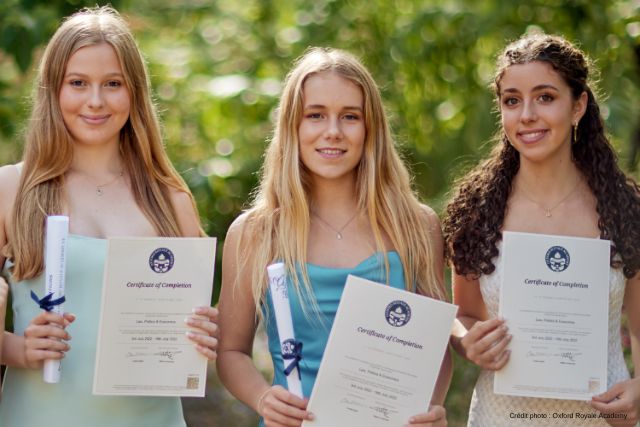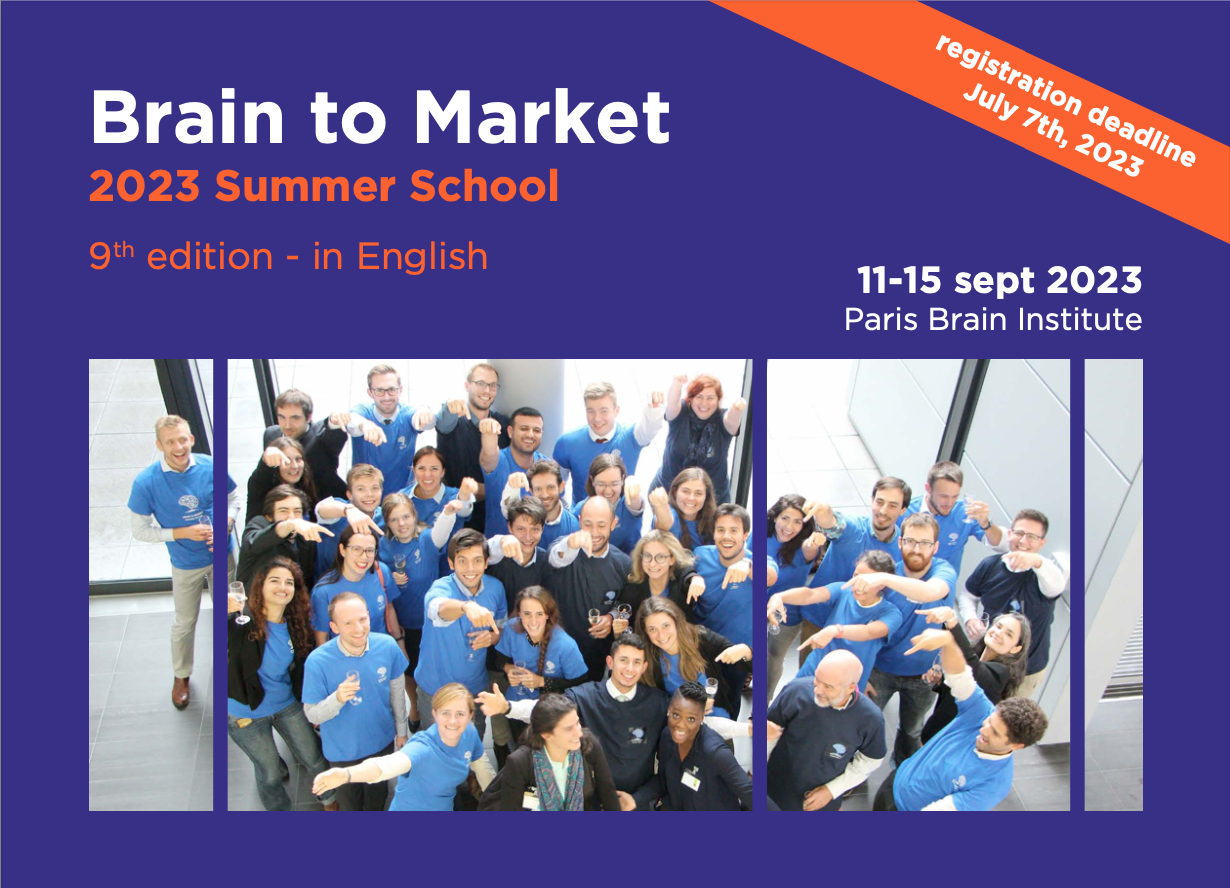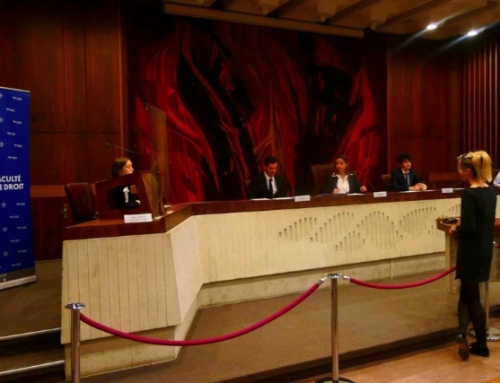While Summer Schools are nothing new on the university scene, the range of courses on offer is growing every year, particularly in France.
Historically more focused on learning a foreign language through immersion, or offered to doctoral students, it is now an integral part of the summer program for students – and the not-so-young – in search of cultural discoveries and intellectual emulation.
Whether in France or abroad, the themes on offer are as vast as the range of disciplines covered by the universities.
These are mainly short, non-degree programs, open to all levels. Sorbonne Université offers courses in French literature, climate change, the challenges of artificial intelligence and rhetoric.
Sciences Po, for its part, opens its doors to students from all over the world, enabling them to follow intensive study programs. Two types of public are targeted here : on the one hand, those who are already students or working professionals, and on the other, a younger public, mostly high school students, who would like to discover what student life is like and how to study in an institution of this level. Courses are usually organized in the form of intensive seminars and encourage interaction. They can be delivered face-to-face or remotely, via the digital platforms usually used. Last but not least, depending on the campus of residence, there are also city discovery programs in Paris or Reims, giving an insight into the life, history and culture of the area, and aimed primarily at international students.
Almost all French universities also offer intensive French language programs for foreign students, so that those who have chosen to study in France are well prepared for the start of the new academic year. One of the objectives of universities and other higher education establishments remains the recruitment of foreign students. Their international prestige and recognition depend on it.
In the south of France, in Aix-en-Provence, the Faculty of Law is hosting the Summer University in Political Economy organized by IES Europe (Institute for Economic Studies Europe) and IREF (a liberal and European think tank founded in 2002). Some twenty eminent researchers, including Professor Mario Rizzo, an economist at New York University, Professor David Schmidtz, a philosopher at the University of Arizona, Steve Davies, a historian at the Institute of Economic Affairs in London, and Professor Jean-Philippe Feldman, a jurist at the University of Rennes and Sciences Po, will be speaking at the event between July 20 and 22, sharing their analyses with participants of all ages and backgrounds.
Another subject, another place, we could also take a closer look at what goes on in our brains. The “Brain to market” Summer School organized by the Institut du Cerveau will bring together some 50 participants from various countries, including young researchers, neuroscience students, designers and even entrepreneurs, who will be invited to imagine the connections between neuroscience and entrepreneurship. The aim is to imagine solutions for the long-term treatment of pathologies such as epilepsy, Alzheimer’s disease, Parkinson’s disease, multiple sclerosis, stroke, depression, anxiety and addiction. The projects developed during the seminar are then presented to a panel of experts, to prepare the candidates for the pitch so demanded by investors from future entrepreneurs. This project, in partnership with APHP and Sorbonne University, is part of a Medtech Generator and Accelerator program financed by BPI France.
What about French students who would like to take advantage of Summer Schools outside France ?
What if their first port of call was the Oxford Royal Academy? You don’t need to be a student to enter the most prestigious university, as programs are initiated for 8-12 year-olds too! Whether it’s architecture, computing, engineering, film or history, the choice of subjects can be the subject of long reflection. Discovering or exploring your passion for learning is one of the highlights of these summer events.

Photo credit : Oxford Royale Academy
For those who like a change of scenery, universities such as Université Paris-Cité and Jean-Moulin Lyon 3 are happy to send their students to South Korea, China or Chile.
But the dream summer destination is still the United States.
Of course, there’s a lot to see, and many campuses welcome students from the U.S. and around the world all summer long, since the university doesn’t stop, and the summer term validates the same credits as the others. Being a little shorter, sessions are more concentrated, so there’s less opportunity to work or travel between courses. Students often choose courses that will complement their current academic program, but others also choose to attend these summer schools out of curiosity or simply for fun. It’s up to the student to indicate that he or she is not necessarily aiming for a degree when applying to a university, and that he or she is in possession of an appropriate visa.
American universities often favor discovery and encourage foreign students to enroll for the duration of an entire curriculum. Cultural immersion is necessary, as it is the very spirit of Erasmus programs in Europe.
While we’ve become accustomed to the annual summer closures of universities, they are now showing a real willingness to welcome learners from a wide range of backgrounds during these summer sessions. This is a positive signal sent by the university world to those who wish to advance their knowledge or discover the French university and its model of excellence.
Notes :
- Website https://www.studyusa.com/fr allows you to view all the information.
- It’s notable that in France, Université d’été has become an uncontrolled term. Whether it’s a political party, a trade group or union, or even the local shopkeepers’ association, everyone seems to be able to organize a summer university these days. What’s more, some private management and business schools are also announcing that they will be holding a summer university on their campus. This is undoubtedly why the Anglo-Saxon terminology of Summer School has finally caught on in French universities.







